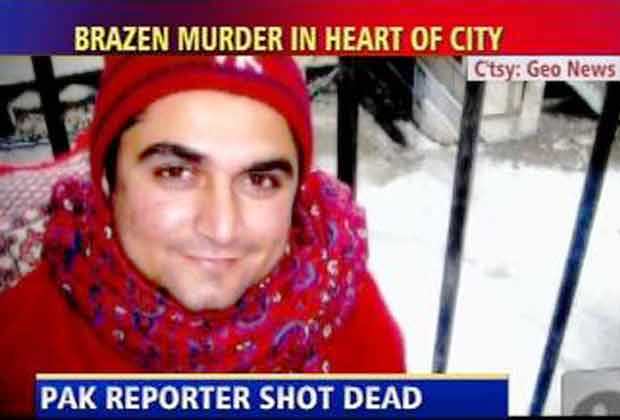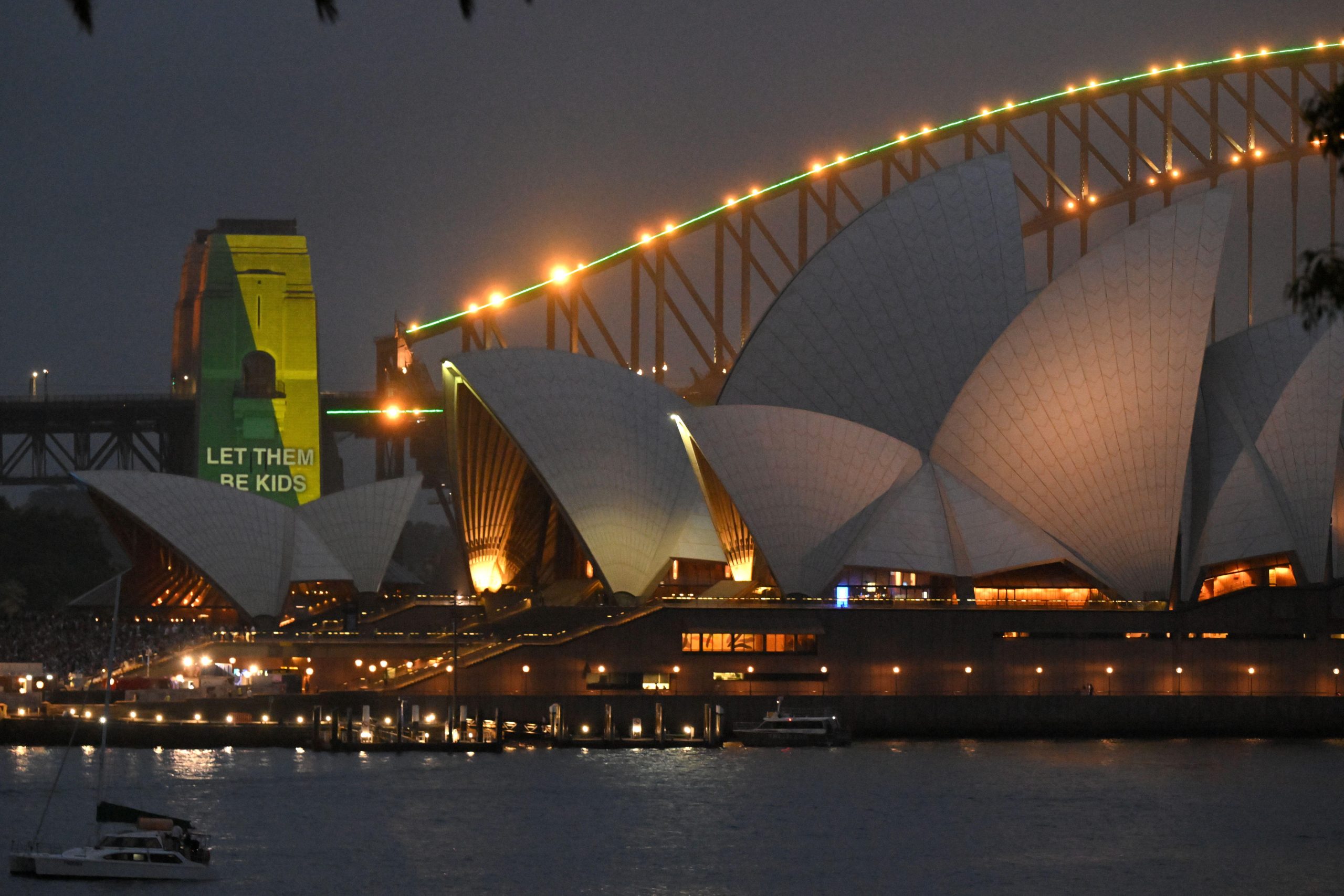On 1 March an anti-terrorism court in Pakistan, found six men guilty of the murder of 28-year old journalist Wali Khan Babar. Four have been sentenced to life imprisonment, and two, in absentia, were sentenced to death.
The young reporter was shot dead on January 1, 2011, while working for GEO TV in the Liaquatabad area of Karachi. According to Committee to Protect Journalists, his was a work-related murder.
Convictions for attacks on journalists can be complicatd in Pakistan. Ahmed Omar Saeed Sheikh, who was convicted for the murder of US reporter, Daniel Pearl is the only previous journalist killer to have been sentenced to death. However, Pearl’s case remains in dispute and Sheikh has been incarcerated at the Hyderabad Central Jail for the last 12 years. His lawyers are appealing the conviction, saying he was framed. The confusion arose after Khalid Sheikh Mohmmad (currently being held in Guantanamo) confessed to the murder.
Therefore, Mazhar Abbas, former secretary general of the Pakistan Federal Union of Journalists (PFUJ) while terming this month’s conviction as an “important decision” remains sceptical that Babar’s family will get justice given the abysmally low conviction rate once the case goes to higher courts. “It may take years to get a decision if the case goes to the Sindh High Court for appeal,” he said pointing to deep-rooted “corruption” that prevailes in the judicial system.
But that is not the only reason for the delay in justice. Despite setting up anti-terrorist courts (ATCs) for speedy disposal of cases, the conviction rate has not made an appreciable difference. People like former prosecutor general of Sindh province, Shahadat Awan, links the high rate of acquittal (almost 73 percent), to weak investigation and witnesses retreating.
Since Babar’s trial began, six witnesses, a lawyer and two policemen linked to the investigation have been assassinated.
After these murders, and amid threats to the prosecutors and lawyers, the trial was shifted from Karachi to another city in Sindh, Shikarpur. “The case has been tried under extremely difficult circumstances and to that extent I am satisfied,” acknowledged Abbas.
However, not everyone is wholly satisfied.
According to Zohra Yusuf, chairperson of the independent Human Rights Commission of Pakistan (HRCP) “justice has not been fully served as two culprits are absconding and six witnesses and a prosecution lawyer were killed while the case was being heard.”
For Ambreen Agha, research assistant with New Delhi’s Institute for Conflict Management, the conviction was a welcome step but ensuring justice was equally important.
“It is a significant step in a place where a culture of impunity dominates” she said, citing the example of Malik Ishaq, a militant leader, who, despite his involvement in the massacre of minority Shias and his association with the defunct terrorist outfit, Lashkar e Jhangvi, “goes scot free”.
At the same time, a recent attack on the Islamabad courthouse showed how vulnerable those delivering justice were.
“Despite the threat that looms large on any functioning institution of Pakistan, the judiciary will have to stand strong and determined in bringing justice in this case. The onus lies on the judiciary despite the precarious times in Pakistan,” Agha emphasized.
Nevertheless, for the media community, the conviction of Babar’s killers is historic.
Media analyst, Adnan Rehmat, said the verdict was a “turning point in the battle for defence of beleaguered media practitioners” and Abbas termed it a “ray of hope” showing that Pakistan can improve its record on protecting journalists and pursuing their killers.
But Ambreen Agha warned that a sustained policy was required to “protect the media from the extreme intolerance of the militants and the political class”.
Further, she added: “The political lobby and its attempts to shrink spaces for freedom of expression by shutting down private TV channels, intimidating and blocking certain media outlets, has, in the past, emboldened the terrorists and opened the spaces for the perpetrators of violence.”
This article was posted on March 10, 2014 at indexoncensorship.org





